5 Faith Facts on Trump's Supreme Court Nominee Neil Gorsuch

Judge Neil Gorsuch
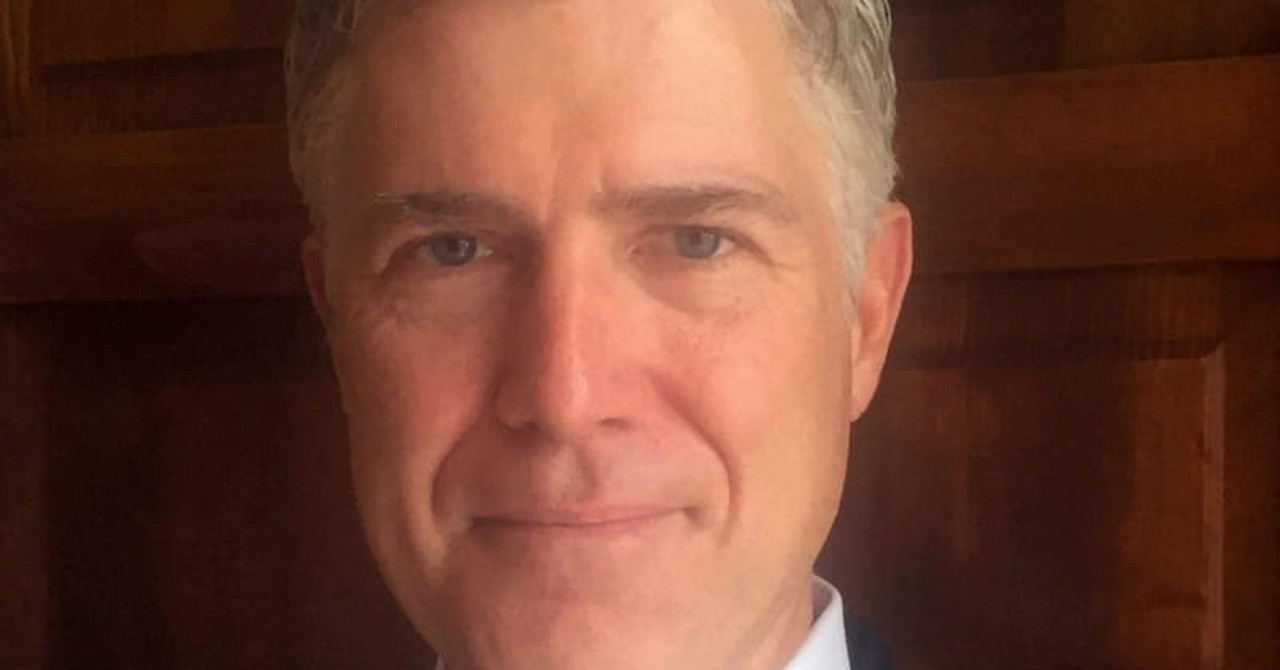
Judge Neil Gorsuch
SLIDE 1 OF 6
After President Trump announced his nomination of Neil Gorsuch, a Tenth Circuit Court of Appeals judge in Colorado, many conservatives rejoiced, but many Democrats vowed to block Gorsuch's nomination. Gorsuch may be a new name for many Americans: what do we know about his credentials and beliefs?
1. Gorsuch, 49, attended Catholic schools.
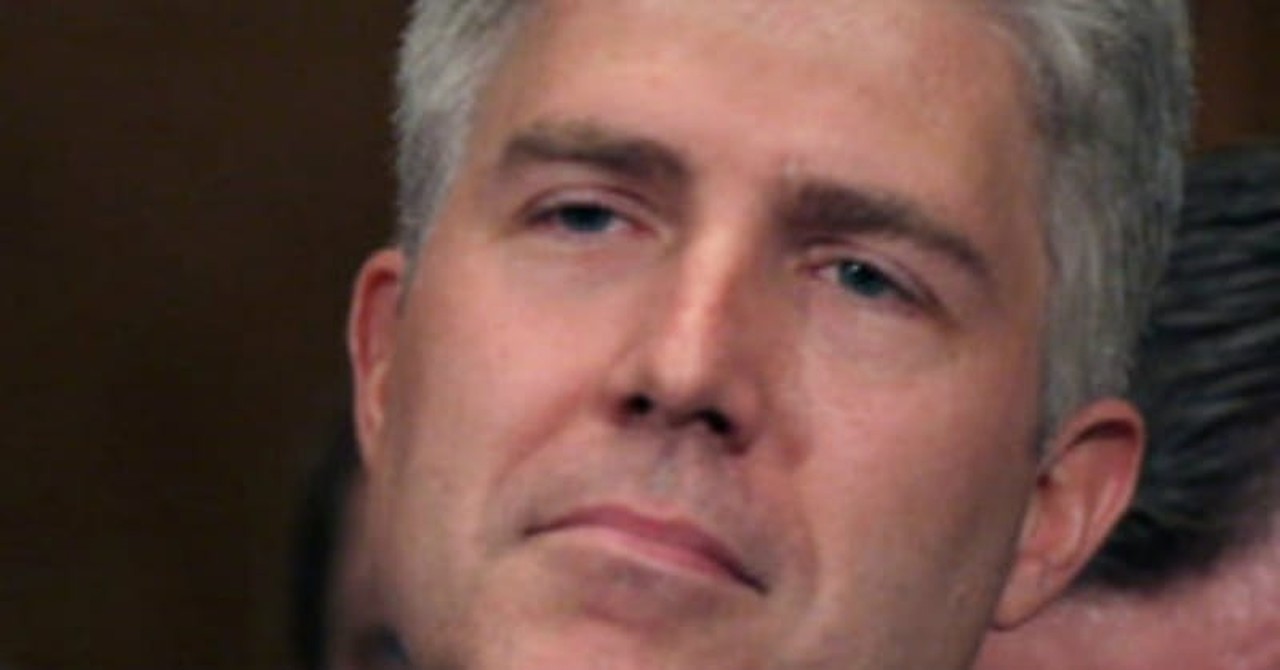
1. Gorsuch, 49, attended Catholic schools.
SLIDE 2 OF 6
Gorsuch attended the Jesuit-run Georgetown Preparatory School in Bethesda, Md., while his mother, Anne Gorsuch, served as President Ronald Reagan’s administrator of the Environmental Protection Agency. After college and law school at Columbia and Harvard respectively, Gorsuch clerked for Justice Anthony Kennedy, another Catholic.
2. Gorsuch has supported religious groups against the U.S. government.
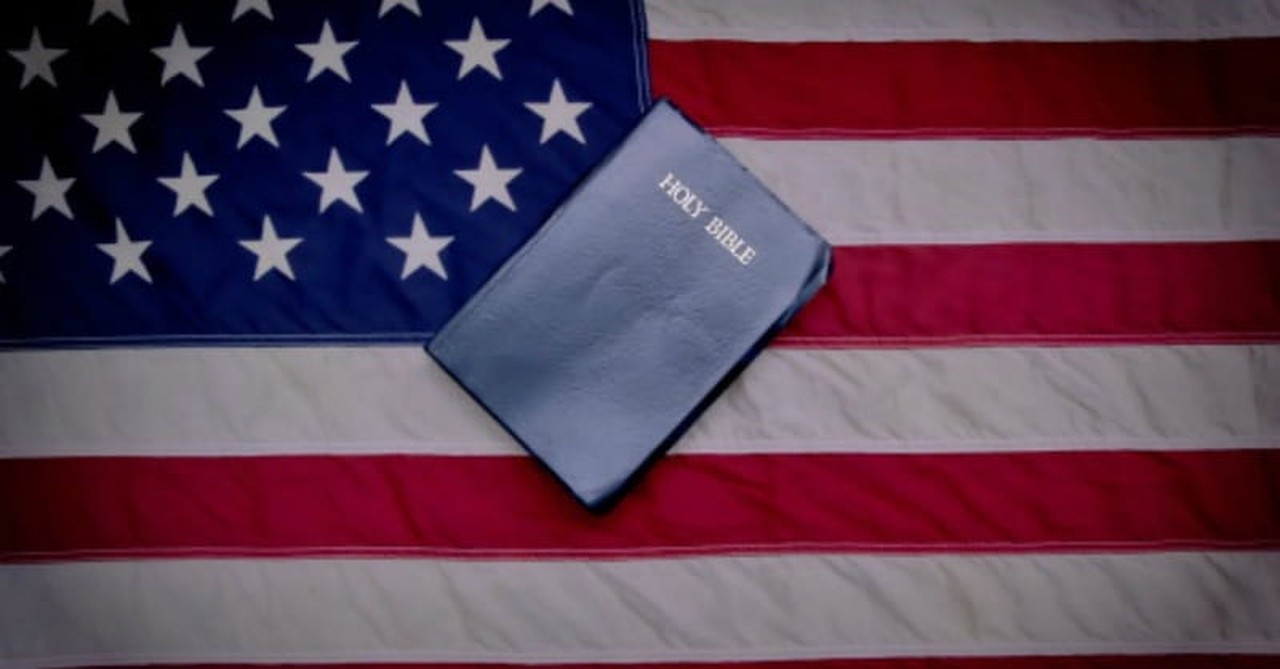
2. Gorsuch has supported religious groups against the U.S. government.
SLIDE 3 OF 6
Two major religious liberty cases wound up before Denver’s 10th Circuit Court of Appeals, where Gorsach has served since 2006: The Little Sisters of the Poor v. Burwell and Hobby Lobby v. Burwell. In both cases, religious organizations — a Catholic order of nuns and the evangelical owners of a craft store chain — sought exemptions from providing birth control under the Affordable Care Act, or Obamacare. “All of us face the problem of complicity,” he wrote in support of Hobby Lobby. Government should not force those with “sincerely held religious beliefs” to comply with “conduct their religion teaches them to be gravely wrong.” The Supreme Court agreed in a 5-4 decision in 2014.
3. Gorsuch opposes euthanasia and assisted suicide, two positions that coincide with Catholic doctrine and the views of a majority of Christian denominations.

3. Gorsuch opposes euthanasia and assisted suicide, two positions that coincide with Catholic doctrine and the views of a majority of Christian denominations.
SLIDE 4 OF 6
Gorsach wrote a book titled “The Future of Assisted Suicide and Euthanasia” that argued for maintaining laws against assisted suicide and euthanasia.
4. Gorsuch has not ruled in an abortion-related case.
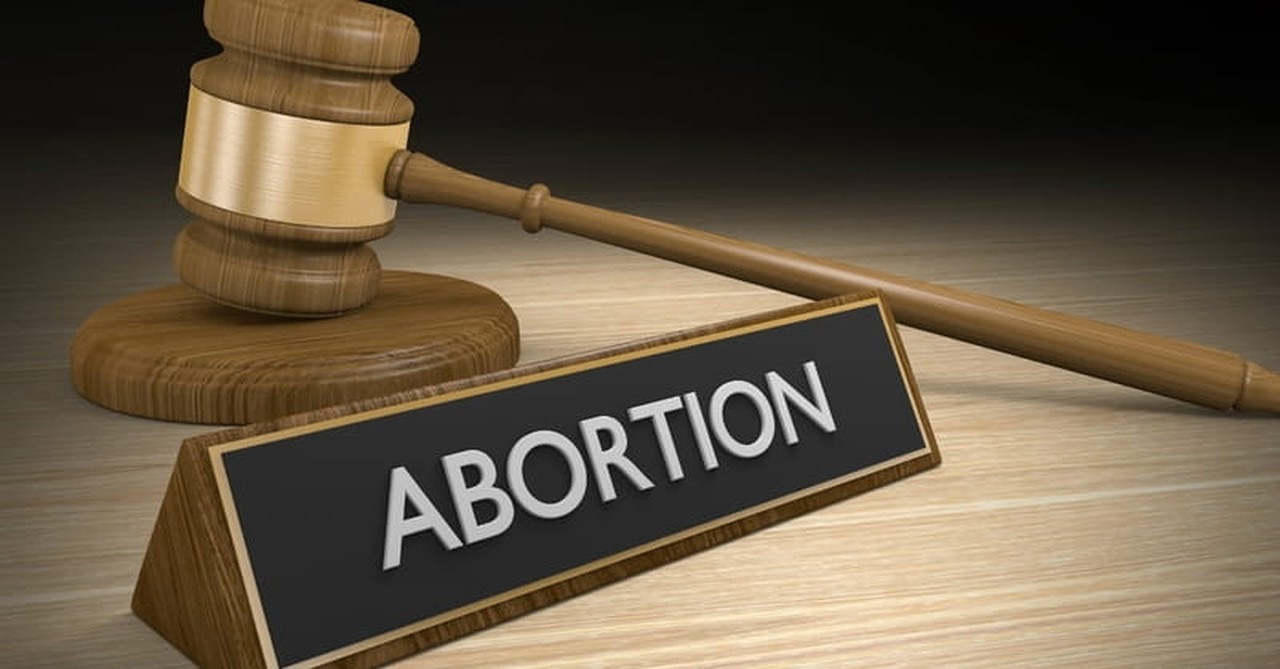
4. Gorsuch has not ruled in an abortion-related case.
SLIDE 5 OF 6
But he is lauded by many conservative religious people and groups who seek the overturning of Roe V. Wade because of how he wrote about the value of life in his book. “All human beings are intrinsically valuable and the intentional taking of human life by private persons is always wrong,” he wrote. “The law … doesn’t just apply to protect popular religious beliefs: it does perhaps its most important work in protecting unpopular religious beliefs, vindicating this nation’s long-held aspiration to serve as a refuge of religious tolerance.”
5. Gorsuch reminds some people of Scalia, a conservative, an originalist whose decisions aligned with Catholic doctrine.
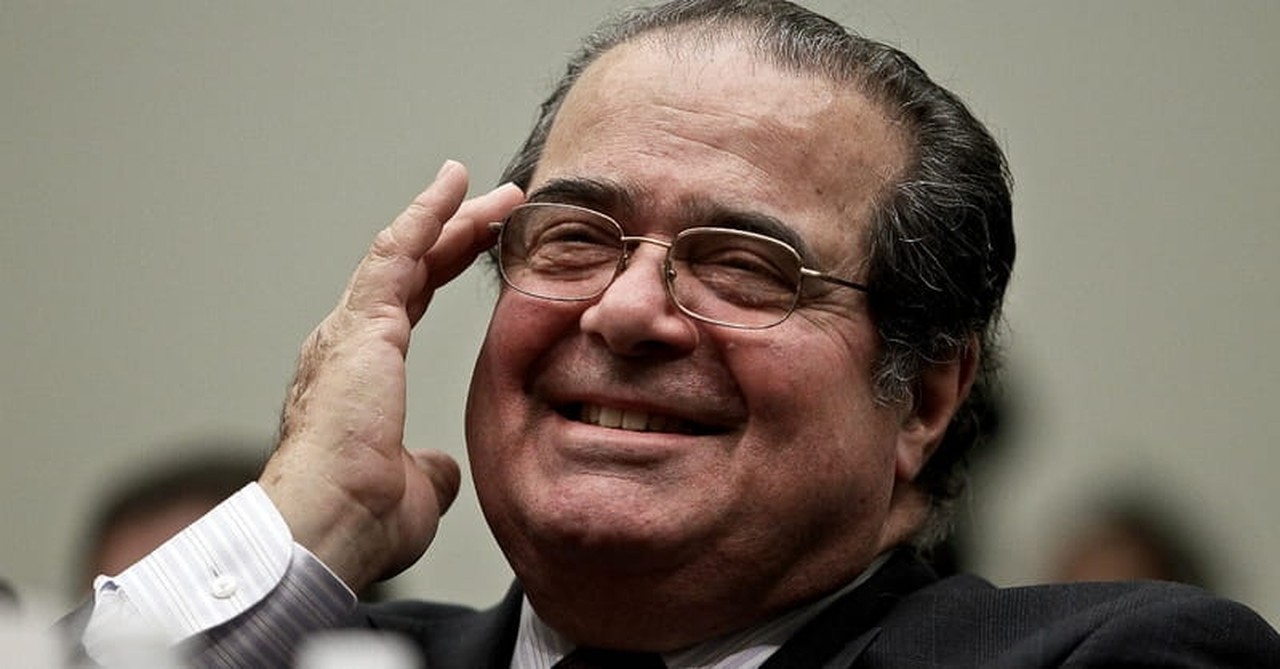
5. Gorsuch reminds some people of Scalia, a conservative, an originalist whose decisions aligned with Catholic doctrine.
SLIDE 6 OF 6
University of Denver law professor Justin Marceau told The Denver Post that Gorsuch would be Scalia’s “intellectual equal and almost certainly his equal on conservative jurisprudential approaches to criminal justice and social justice issues that are bound to keep coming up in the country.”
Adapted from "5 Faith Facts on Trump’s Presumed Favorites for Supreme Court" by Kimberly Winston of Religion News Service
Photos courtesy: Lauren Victoria Burke/The Denver Post, Thinkstockphotos.com, Wikimedia Commons
Publication date: February 1, 2017
Originally published February 01, 2017.






